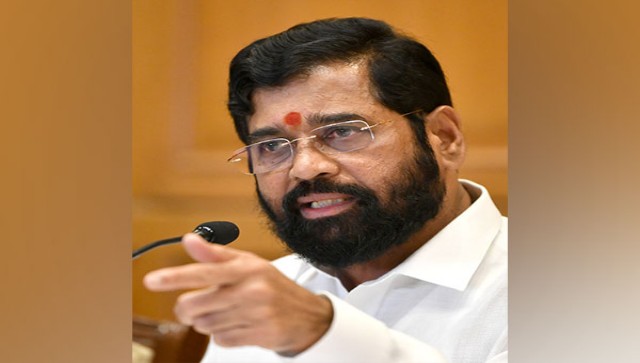The Central Bureau of Investigation can once again investigate cases in Maharashtra without getting the state government’s nod. This development comes after the Eknath Shinde-led Maharashtra government has restored ‘general consent’ to the investigating agency withdrawn by the previous Maha Vikas Aghadi (MVA) regime. Shinde cleared the proposal of the home department headed by Deputy Chief Minister Devendra Fadnavis to reverse the decision of MVA government to withdraw the general consent to the CBI to probe cases in the state, the official from the Chief Minister’s Office (CMO) told PTI. But what is ‘general consent’? How does it work? Why was it withdrawn? Let’s take a closer look: What is it? How does it work? As per Indian Express, the CBI is governed by The Delhi Special Police Establishment (DSPE) Act, 1946, and it must mandatorily obtain the consent of the state government concerned before beginning to investigate a crime in a state. As Section 6 of The DSPE Act (“Consent of State Government to exercise of powers and jurisdiction”) states: “Nothing contained in section 5 (titled “Extension of powers and jurisdiction of special police establishment to other areas”) shall be deemed to enable any member of the Delhi Special Police Establishment to exercise powers and jurisdiction in any area in a State, not being a Union territory or railway area, without the consent of the Government of that State.”
Consent granted to the CBI can be case-specific or in general.
It is usually granted to aid the CBI to seamlessly investigate corruption cases against central government employees in their states. [caption id=“attachment_11381661” align=“alignnone” width=“640”] The Maharashtra government has restored the general consent given to the CBI. Representational image. News18[/caption] This is consent by default, in the absence of which the CBI would have to apply to the state government in every case, and before taking even small actions. Why was it withdrawn? The then Uddhav Thackeray government had in October 2020 signed the home department’s proposal to withdraw general consent to the CBI to investigate the cases in the state. Anil Deshmukh was the state’s home minister at that time. “In exercise of the powers conferred by section 6 of the Delhi Special Police Establishment Act, 1946 (25 of 1946), the Government of Maharashtra hereby withdraws the consent accorded to the members of Delhi Special Police Establishment,” the 2020 order read. The decision was taken at a time when the CBI had been probing several cases in the state including the death of actor Sushant Singh Rajput and the fake TRP scam.
The MVA government had repeatedly accused the Centre of misusing central agencies against the Opposition parties.
[caption id=“attachment_11423241” align=“alignnone” width=“640”] File image of Uddhav Thackeray. ANI[/caption] The withdrawal of general consent has had an impact, according to the Centre. The government in March told the Rajya Sabha the CBI had been unable to start investigations in 101 cases of banking fraud involving over ₹20,000 crore due to the withdrawal of consent by the Maharashtra, as per Hindustan Times. How many states have withdrawn it? The first state to withdraw general consent was Mizoram in 2015. Since then Punjab, West Bengal, Jharkhand, Kerala, Chhattisgarh, Rajasthan, and Meghalaya followed through with withdrawing general consent to the CBI.
As per The Wire, Andhra Pradesh has also restored general consent to the CBI.
The central investigating agency, in the absence of general consent, must seek permission from the state government to register fresh cases involving officials of the central government or a private person. However, it is important to note that the absence of consent does not impact CBI investigations ordered by courts. With input from agencies Read all the Latest News , Trending News , Cricket News , Bollywood News , India News and Entertainment News here. Follow us on Facebook, Twitter and Instagram.


)

)
)
)
)
)
)
)
)



